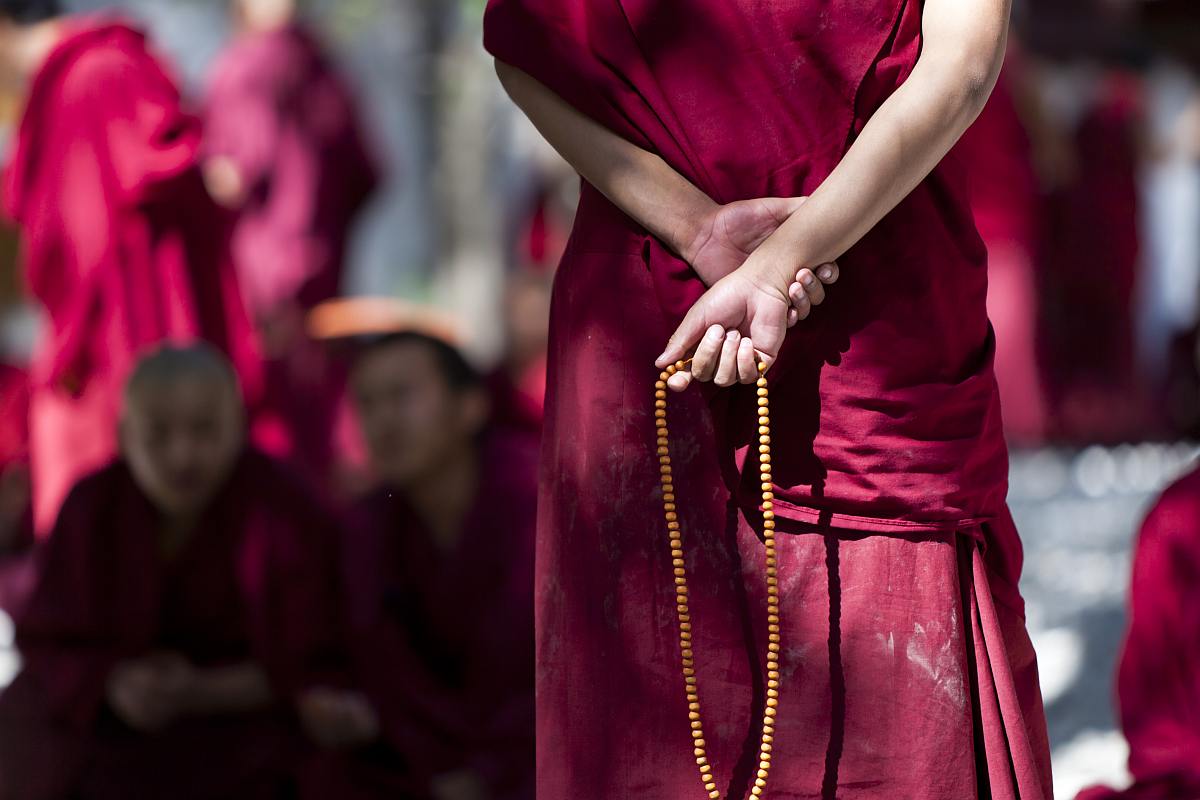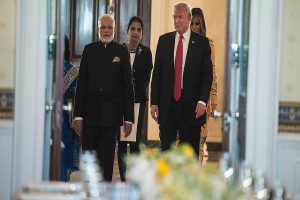United States’ Acting Assistant Secretary of State for South and Central Asia Alice Wells in her recent statement has said Nepal’s government has increased restrictions on the Tibetan Buddhist community amidst growing Chinese influence in the country.
Wells told the Subcommittee on Asia, Pacific, and Nonproliferation of the House Foreign Affairs Committee that Nepal’s constitution and international commitments guarantee the right to practice and profess one’s faith, but religious freedom remains a challenge in practice.
Advertisement
A new criminal code enacted in 2018 restricts “forced conversion” and puts members of religious minority groups at risk, she added. “The government has also increased restrictions on the Tibetan Buddhist community, including preventing public celebration of the Dalai Lama’s birthday. As Chinese influence has grown in Nepal, so has the Government of Nepal’s restrictions on the Tibetan community,” Wells said.
China, which regards the Dalai Lama as a separatist, has been increasing its influence in the Himalayan nation that is home to about 20,000 Tibetans.
The Communist country is also making inroads in the country by pouring aid and infrastructure investment. In Nepal, Wells said the US is working with the government to advance its transition to federalism by building the capacity of the national and local governments to become more transparent and accountable.
“We emphasize that protecting human rights and fundamental freedoms is conducive to the development of Nepal and its people in engagements with government officials, civil society, and the public,” she said.
She described Bhutan as a democratic success story in South Asia.
“Bhutan is a democratic success story in South Asia. Last year, Bhutan conducted its third democratic election since the Fourth King of Bhutan abdicated absolute power and paved the way for parliamentary elections in 2008,” she said.
China is facing an unprecedented resistance from its democratic state Hong Kong which has brought world’s attention to its oppressive ways of governing. The Hong Kong protests have highlighted China’s stealthy ways of introducing laws and rules that suppress freedom of expression and democratic rights of citizens to criticise the government.
With its military prowess China had occupied Tibet in 1950 which forced many Tibetan to flee their own land including Dalai Lama. Many Tibetans today live as refugees in India and Nepal.











